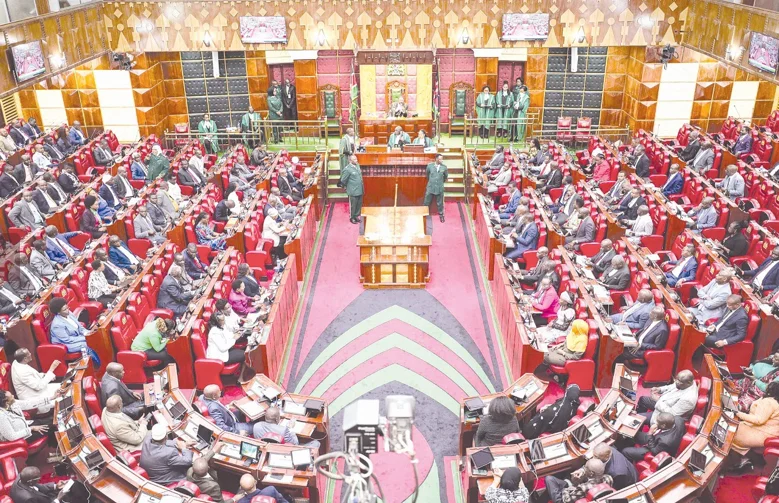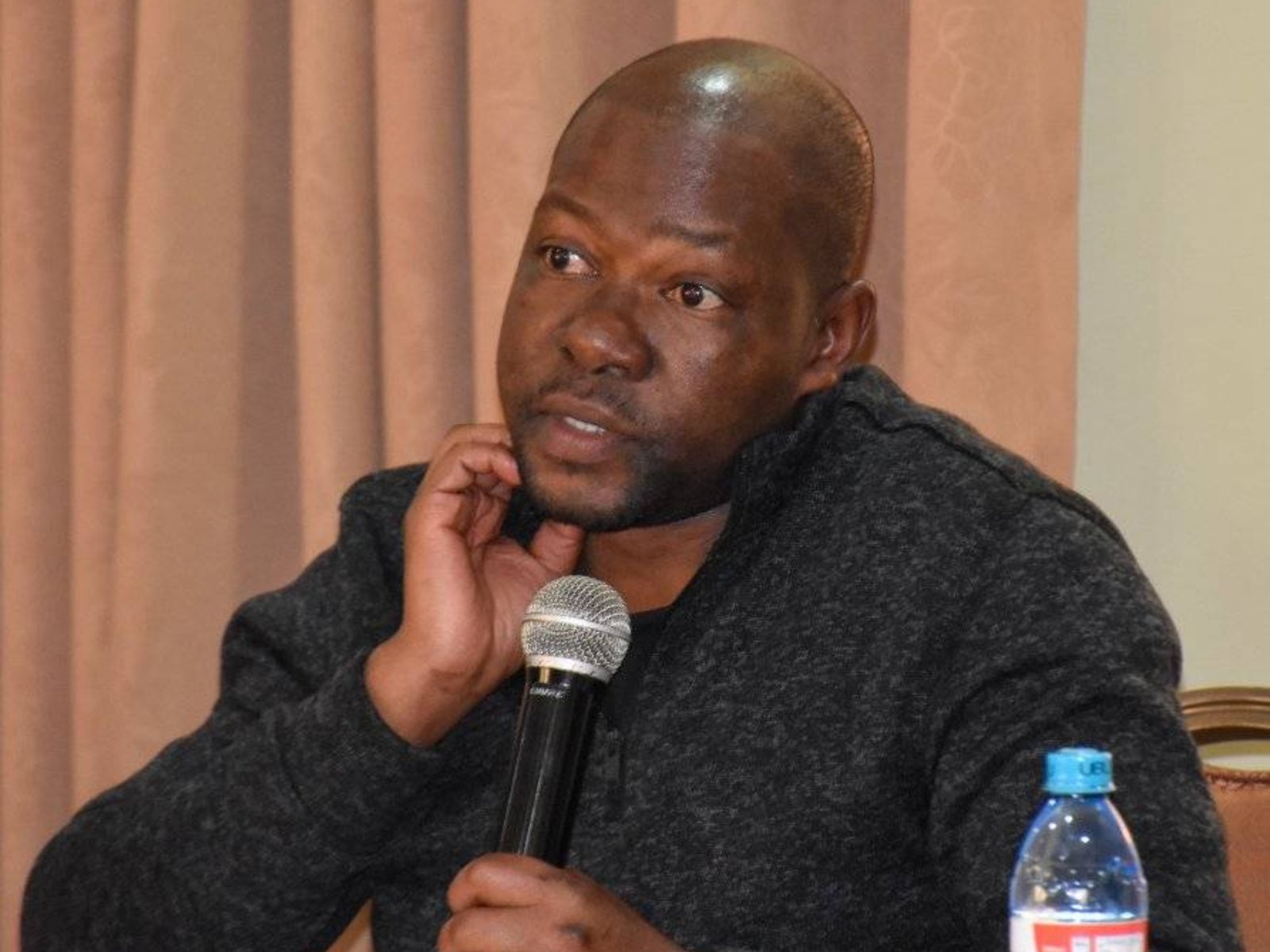Bureaucrats blackmailing taxpayers on budget cuts

Over the past three weeks or so, Kenyans have been treated to some quite confounding stories from various parliamentary committees over the effects of the withdrawal of the 2024 Finance Bill.
As if to paint a grim picture of the situation, and perhaps cause panic, several principal secretaries who have appeared before various committees have been at pains to convince Kenyans how some of the most essential services in their respective ministries would become dysfunctional due to budget cuts.
Listening to the presentations, one might get the impression that Kenya is on the verge of collapse. One might also think the narratives are a pattern of blackmail calculated to mock Kenyans for demanding accountability in the use of public resources.
President William Ruto has cut planned spending on development projects by nearly four times the amount he cut from planned recurrent activities despite pressure from youth-led protests whose primary concern was excessive luxury and opulence in public service.
From statistics, for every Sh1,000 the National Treasury removed from recurrent spending during the current financial year, it reduced Sh360 from development projects. The huge cut from development projects means that millions of Kenyans will miss out on various services such as hiring new teachers, salary hikes, electricity connections and road upgrades.
The cuts have also caused panic among private sector players, who fear that the austerity measures are likely to hurt their economic prospects over the next 12 months.
Bureaucrats are painting a gloomy picture. In the health sector, for example, the PS claims plans to slash its budget by two-thirds would plunge the country into a crisis and thwart its universal healthcare goals. And in education, reports indicate operations such as the hiring of intern teachers for Junior Secondary School will stall, threatening the administration of the 2024 national exams implementation of key initiatives such as the school feeding programme.
We see it as scare-mongering by a government that is frightened by demands for accountability. Kenya finds itself in a crisis of its own making. While the perception has been created that Kenyans are involved in the entire budget-making process, public participation tends to be a tick-box exercise just for show and to satisfy a legal requirement. This is the major ailment that needs to be treated. The scarecrow presentations before the House might end up causing panic and scaring off investors.












